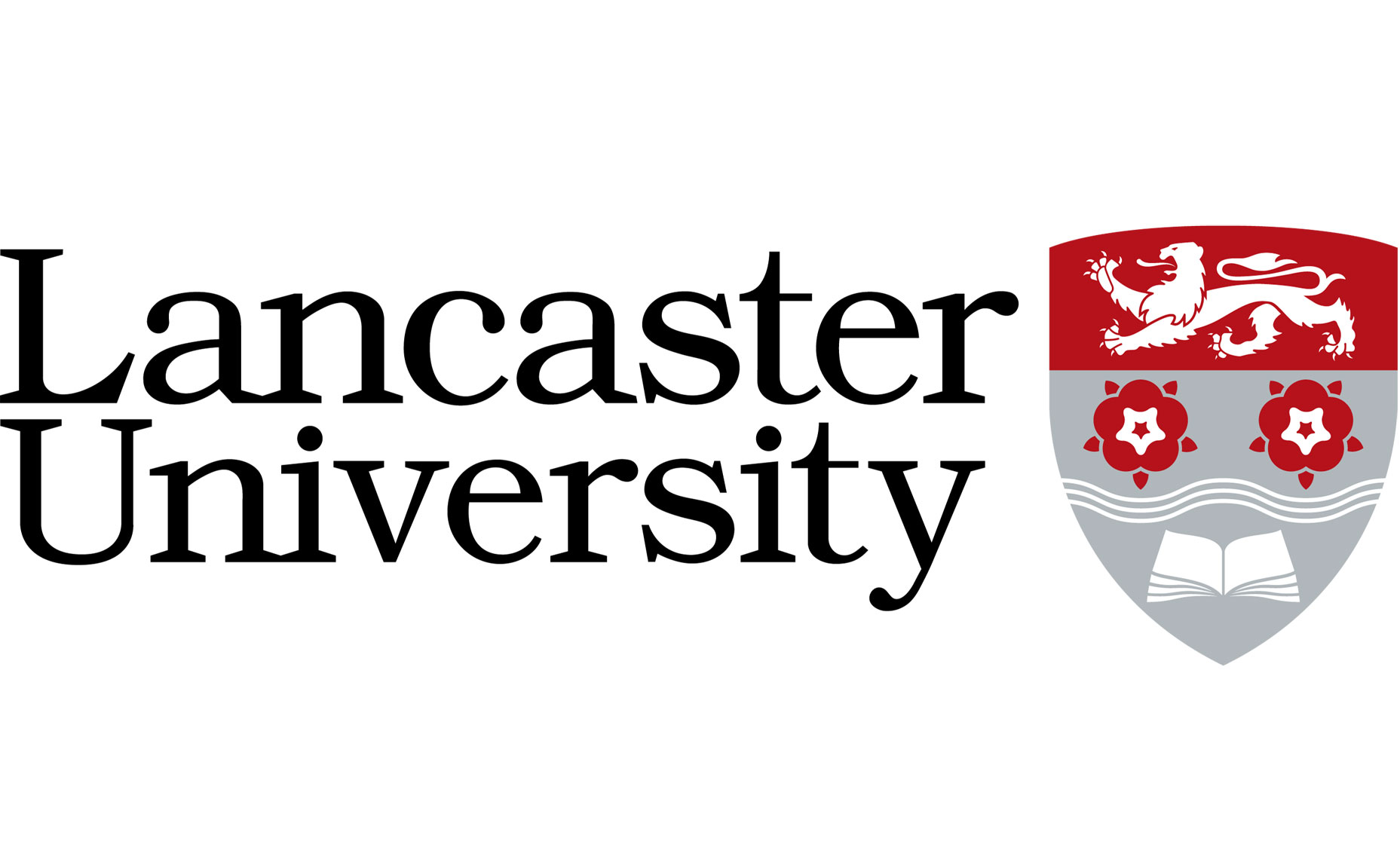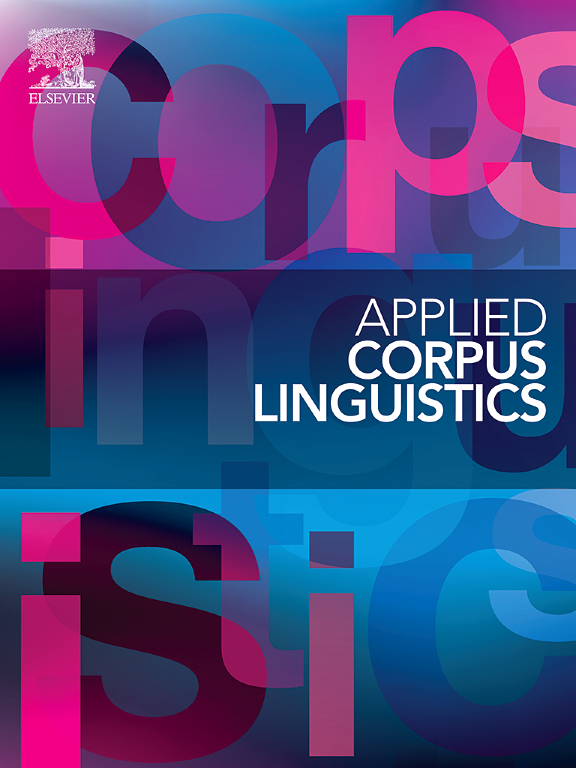Lancaster Summer Schools in Corpus Linguistics are held annually during the summer at Lancaster University. Taking part in the summer schools offers a wonderful opportunity to learn about corpus linguistics from leading scholars in the field and meet many other participants working on exciting projects and topics. Lancaster summer schools are a truly international event, each year welcoming participants from over 30 countries in the world. While the participants come to Lancaster to learn about corpus linguistics, the summer schools are also a place for developing new academic collaborations and building new friendships.
In 2022, the annual Summer Schools in Corpus Linguistics in Lancaster will take place in an online format. The programme includes both lectures and practical sessions that introduce the latest developments in the field and practical applications of cutting-edge analytical techniques. The summer schools are taught by leading experts in the field from Lancaster University. The summer schools are intended primarily for postgraduate research students but applications from Masters-level students, postdoctoral researchers, senior researchers, and others will also be considered. The summer schools are free to attend.
This year, three summer schools are offered, each focusing on different area of corpus linguistics and its application. You can check out the content of each of the summer schools on the links below:
- Corpus linguistics for analysis of language, discourse and society
- Corpus linguistics for language learning, teaching and testing
- Statistics and data visualisation for corpus linguistics
Dates: 20-24 June 2022
Venue: Lancaster University, Lancaster, UK (delivered online, via Microsoft Teams)
The application process has now been closed due to a very large number of applications.
Organising committee: Dr Dana Gablasova (Chair), Dr Luke Collins, Rachael McCarthy
When tweeting about the event, please use: #LancsSS22
The summer schools takes place under the aegis of The ESRC Centre for Corpus Approaches to Social Science (CASS), which is the recipient of The Queen’s Anniversary Prize for Higher and Further Education. CASS is investigating the use of language related to important social topics such as healthcare, climate change, poverty, hate crime, education and language learning.




